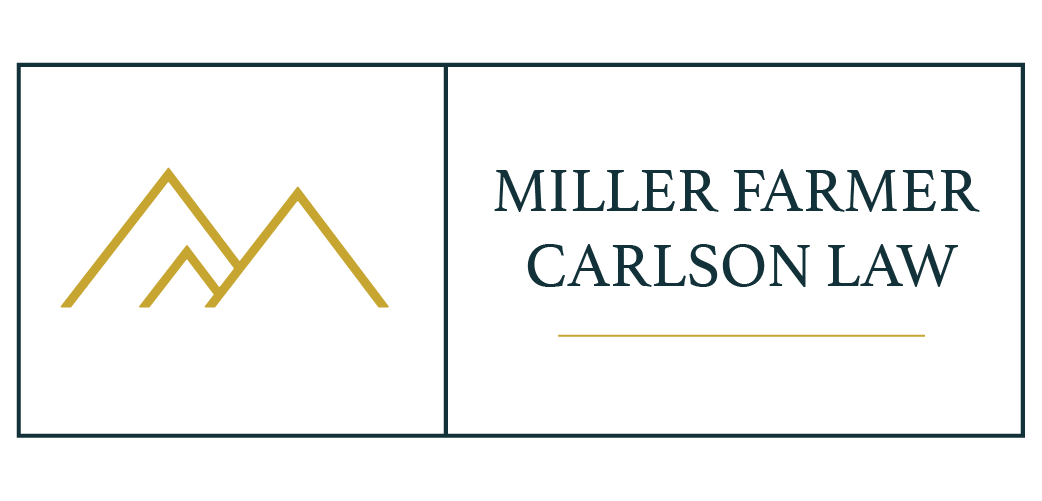Colorado’s School Newspaper Law (a.k.a. Anti-Hazelwood Law)
There are several seminal U.S. Supreme Court cases with which attorneys who practice in school law will almost certainly be familiar. Among those cases is the 1988 decisions known as Hazelwood School District et al. v. Kuhlmeier et al. The Hazelwood case established the precedent that public school personnel could, in certain circumstances, censor student speech in school-based publications, like a school newspaper.
As a result of this decision, several states, including Colorado, passed laws setting greater restrictions on the ability of school personnel to censor student speech in this context. Colorado’s law, found in C.R.S. § 22-1-120, provides (in part) the following, with which all school administrators should be familiar:
Expression contained in a student publication, even when the publication is school-sponsored, can only be edited/censored for the following types of expression:
Expression that is obscene;
Expression that is libelous, slanderous, or defamatory under state law;
Expression that is false as to any person who is not a public figure or involved in a matter of public concern; or
Expression that creates a clear an present danger of the commission of unlawful acts, the violation of lawful school regulations, or the material and substantial disruption of the orderly operation of the school or that violates the rights of others to privacy or that threatens violence to property or persons.
According to the law, the adviser/teacher may still encourage (not require) expression which is consistent with high standards of English and journalism. The law requires student editors of school-sponsored student publications be responsible for determining the news, opinion, and advertising content of their publications. The adviser/teacher of school-sponsored student publications within each school must supervise the production of the publication and teach and encourage free and responsible expression and professional standards for English and journalism.
The law is not to be interpreted to interfere with the authority of the teacher/advisor to establish or limit writing assignments for the students working with the publication and to otherwise direct and control the learning experience that the publication is intended to provide. The law also provides immunity to the school for any liability for any student expression, even if in a school sponsored newspaper.
And finally, the law also requires that the board of education of each school district shall adopt a written publications code, which shall be consistent with the terms of the law, and shall include reasonable provisions for the time, place, and manner of conducting free expression within the school district's jurisdiction. The publications code must be distributed, posted, or otherwise made available to all students and teachers at the beginning of each school year.
*There is, as of the date of this posting, legislation pending that could amend certain portions of this law. Please consult with an attorney before taking any actions related to this topic.
